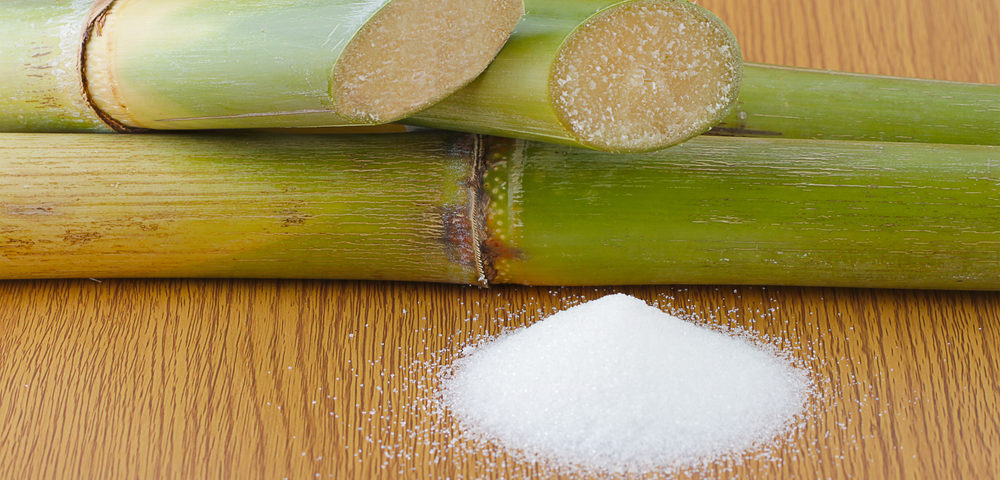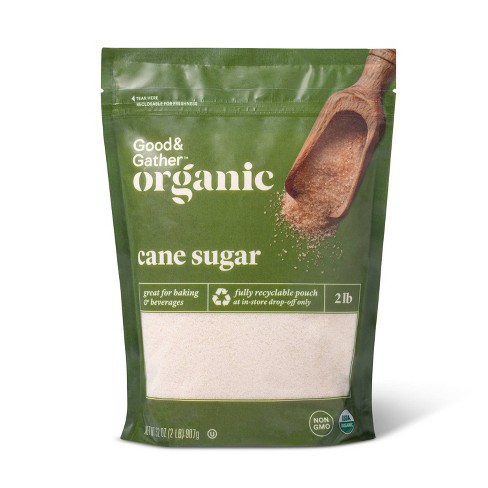Discover the Health Benefits of Sugar and Cane in Your Diet
Discover the Health Benefits of Sugar and Cane in Your Diet
Blog Article
Why Cane Sugar Processing Chemicals Are Essential for Modern Sugar Refining
The role of cane sugar handling chemicals in modern-day sugar refining can not be overemphasized, as they are indispensable to enhancing both the efficiency of removal and the general top quality of the final product. Agents such as phosphoric acid and specific flocculants are used to eliminate contaminations, resulting in sugar that not just fulfills customer assumptions however also sticks to market criteria.
Role of Handling Chemicals
The effectiveness of walking stick sugar handling hinges dramatically on the strategic application of handling chemicals. These chemicals play a pivotal role in boosting the efficiency and high quality of sugar extraction and refining. From the preliminary stages of juice extraction to the last purification steps, handling chemicals facilitate different crucial procedures.
In the extraction stage, chemicals such as phosphoric acid and calcium hydroxide are used to maximize the clarification procedure, aiding to get rid of contaminations and put on hold solids from the walking cane juice. This not just improves the return but also guarantees the clarity of the end product. In addition, representatives like flocculants help in the fast settling of contaminations, therefore streamlining the total process.
As the processing advances, chemicals are made use of in decolorization and formation stages. Triggered carbon and ion exchange materials offer to remove shade and odor, guaranteeing that the polished sugar fulfills consumer quality standards. Eventually, the role of handling chemicals expands past functional efficiency; they substantially impact the sensory characteristics of the end product, adding to market competitiveness. Hence, the precise choice and application of these chemicals are important for attaining ideal end results in cane sugar processing.
Trick Sorts Of Chemicals
Walking cane sugar processing counts on a selection of essential chemicals that assist in each stage of production. These chemicals play necessary duties in clarifying, lightening, and detoxifying the sugar drawn out from walking stick.
One main category of chemicals includes flocculants, such as polyacrylamide, which help in the explanation procedure by promoting the aggregation and settling of impurities. In addition, calcium hydroxide is frequently used to reduce the effects of acidity and aid in the elimination of non-sugar elements.
Bleaching representatives, such as triggered carbon and sulfur dioxide, are used to decolorize the syrup, resulting in a clearer last item. These chemicals aid get rid of color compounds that might affect the sugar's appearance and bankability.
Furthermore, phosphoric acid works as a pH regulator throughout the processing phases, guaranteeing ideal problems for the chemical tasks entailed in sugar removal and filtration.
Various other important agents consist of edta (ethylenediaminetetraacetic acid), which chelates steel ions that can catalyze unfavorable reactions, and sodium hydroxide, which assists in pH control throughout the refining process. Jointly, these chemicals enhance efficiency and guarantee a top quality walking stick sugar item.
Benefits for Sugar Top Quality
Typically ignored, making use of certain handling chemicals substantially boosts the general top quality of walking cane sugar. These chemicals play a pivotal function in refining procedures, making sure that the end product satisfies stringent market requirements for purity and taste.

Additionally, refining chemicals aid in attaining a regular granulation and appearance, which are essential for customer acceptance. By regulating the condensation visit this site right here procedure, these chemicals make certain that the sugar crystals develop consistently, resulting in an extra appealing product that liquifies well in various applications.
Moreover, using these chemicals can boost the service life of walking stick sugar by lessening wetness absorption and microbial development. On the whole, the calculated application of handling chemicals is crucial for supplying premium cane sugar that meets consumer expectations and industry demands.
Environmental Effect Factors To Consider

Moreover, the energy-intensive nature of sugar refining, worsened by chemical usage, typically leads to boosted carbon discharges. This adds to climate modification and raises concerns relating to the sustainability of present refining methods. In addition, the sourcing of these chemicals might involve methods that endanger biodiversity, such as monoculture farming, which decreases the strength of farming ecosystems.

To reduce these effects, sugar refiners are progressively discovering lasting choices and embracing finest practices that lessen chemical usage. Implementing rigorous environmental management systems can assist ensure that the refining procedure lines up with ecological criteria and advertises biodiversity. Ultimately, a well balanced approach that prioritizes both sugar high quality and ecological stewardship is crucial for the lasting stability of the sugar sector.
Future Trends in Refining
As the sugar market comes to grips with the environmental challenges linked with standard refining approaches, innovative methods are arising to improve both performance and sustainability. One substantial fad is the adoption of eco-friendly chemistry principles, which focus on using safe, naturally degradable handling chemicals. This shift not just lessens ecological influence but also addresses consumer need for cleaner manufacturing techniques.
Another appealing advancement is the implementation of advanced filtration modern technologies, such as membrane separation and adsorption procedures. These methods improve the clarity and quality of the sugar while reducing the quantity of wastewater created throughout refining. In addition, the combination of digital innovations, consisting of IoT and AI, is transforming functional efficiency by allowing real-time monitoring and predictive maintenance, hence reducing source waste.
In addition, using spin-offs from sugar refining, such as bagasse and molasses, is acquiring grip. These materials can be exchanged biofuels or value-added products, adding to a circular economic climate within the industry. Jointly, these patterns click to investigate signify a change towards more sustainable practices that not only improve operational effectiveness but likewise align with global sustainability objectives, guaranteeing the future feasibility of sugar refining.
Verdict
Walking cane sugar processing chemicals are crucial in modern sugar refining, substantially enhancing the efficiency and quality of sugar removal. The tactical use these chemicals not only enhances the pureness and taste of the end product but additionally makes sure regular formation and texture. As the industry significantly focuses on sustainability, the adoption of environmentally-friendly handling agents is most likely to shape future patterns in refining, inevitably bring about better items and expanded life span for customers.

Inevitably, a balanced technique that prioritizes both sugar high quality and ecological stewardship is important for the long-term practicality of the sugar market.
Walking cane sugar handling chemicals are essential in contemporary sugar refining, substantially boosting the efficiency and high quality of sugar removal.
Report this page